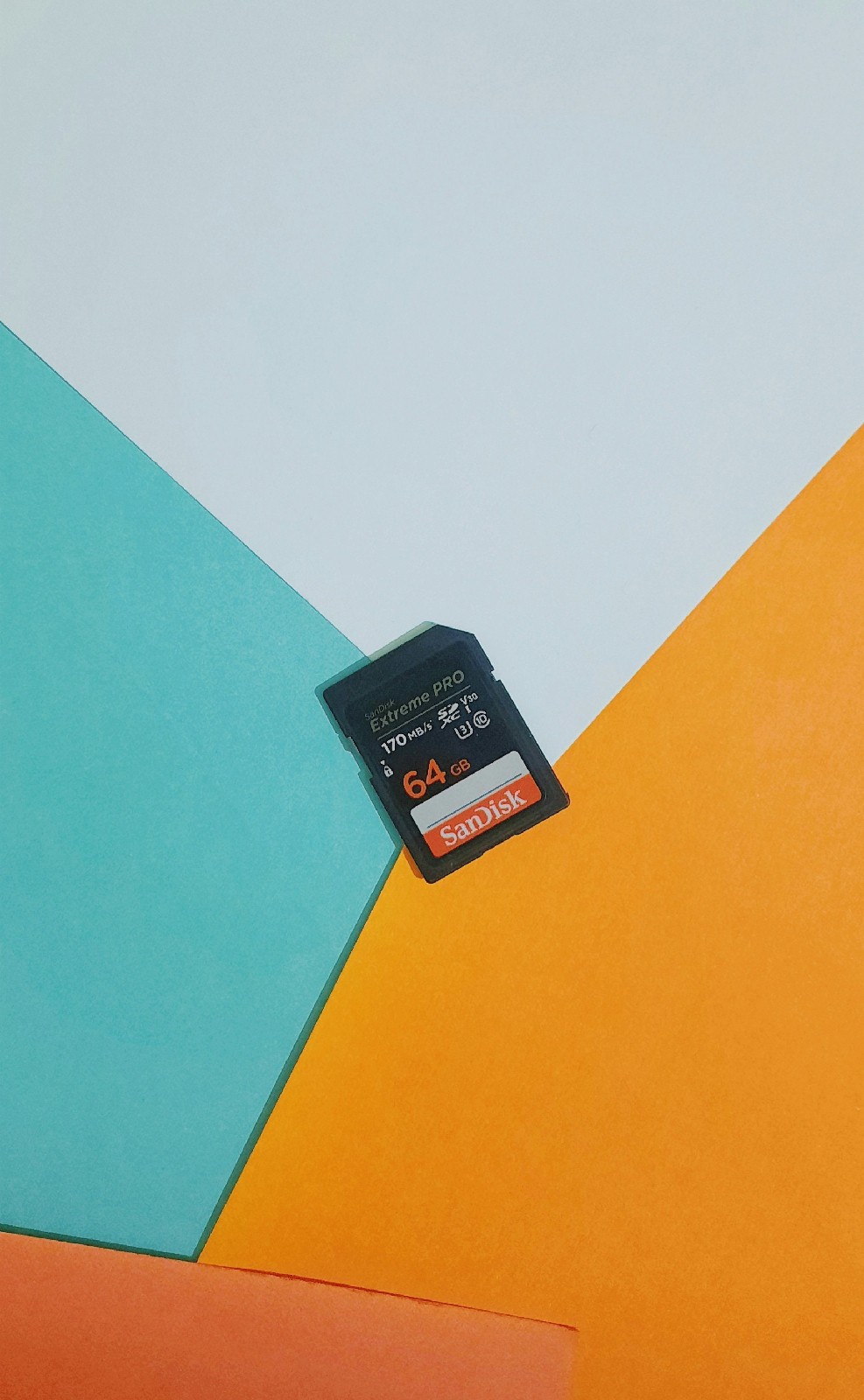Cloud Storage vs Memory SD Cards: Weighing the Pros and Cons
Cloud Storage vs Memory SD Cards: Weighing the Pros and Cons
Introduction:
Choosing the right storage solution is crucial in today's digital age. With an increasing need for efficient data management, both cloud storage and memory SD cards have emerged as popular options. In this blog post, we will explore the pros and cons of using cloud storage versus memory SD cards, enabling you to make an informed decision.
Pros of Cloud Storage:
Accessibility and Convenience: Cloud storage allows users to access their files from any device with an internet connection. This convenience promotes collaboration, as multiple users can access and work on the same files simultaneously.
Data Backup and Security: Cloud storage offers automated backups, ensuring that your data is safe even in the event of hardware failure or loss. Additionally, reputable cloud storage providers implement stringent security measures, safeguarding your files from unauthorized access.
Scalability: Cloud storage allows for unlimited storage capacity, making it suitable for businesses or individuals with ever-growing data needs. You can easily upgrade or downgrade your storage space as required, without the need to invest in physical hardware.
Sync Across Devices: Cloud storage services often provide synchronization capabilities, ensuring that your files are updated and consistent across all devices. This feature is particularly useful for individuals who work on different devices or need access to files while on the go.
Cons of Cloud Storage:
Internet Dependency: Accessing and uploading files to the cloud require a stable internet connection. In areas with unreliable or slow connections, working with cloud storage may prove to be challenging.
Security Concerns: Despite robust security measures, cloud storage is still vulnerable to hacking or breaches. While rare, data leaks can occur, potentially compromising sensitive information. However, choosing a reputable provider with strong encryption protocols can mitigate this risk.
Cost: While many cloud storage providers offer free plans with limited storage, to enjoy larger storage capacities, a monthly or annual subscription is typically required. For those with extensive storage needs, the cost of cloud storage may exceed that of physical storage devices.
Pros of Memory SD Cards:
Portability: Memory SD cards are compact and easily transported. They are ideal for individuals who frequently work across multiple devices or require access to files while traveling, without relying on an internet connection.
Instant Access: SD cards provide immediate access to files without the need for syncing or waiting for downloads. This is particularly advantageous in situations where time is critical, such as photography or video production.
Cost-effective for Limited Storage: For those with relatively modest storage needs, memory SD cards can be a more cost-effective solution compared to subscribing to cloud storage services, especially when considering the cumulative costs over time.
Cons of Memory SD Cards:
Limited Capacity: Memory SD cards have finite storage capacities, typically ranging from a few gigabytes to a few terabytes. This limitation may not be sufficient for individuals or businesses with larger data requirements.
Vulnerability to Loss or Damage: Physical storage devices like SD cards are susceptible to loss, damage, or theft. A single mishap can result in the permanent loss of valuable data unless proper backups are maintained.
Fragmented Storage: Utilizing multiple SD cards to accommodate larger storage needs can lead to fragmented data, making it challenging to manage and locate specific files efficiently.
Conclusion:
Choosing between cloud storage and memory SD cards depends on various factors, including your data storage needs, accessibility requirements, and budget constraints. Cloud storage offers convenience, scalability, and robust security but relies on internet connectivity. On the other hand, memory SD cards provide portability, instant access, and cost-effectiveness for limited storage but are prone to loss or damage.
Consider your priorities, evaluate the pros and cons outlined above, and choose the storage solution that best aligns with your specific needs and circumstances. Remember, a combination of both cloud storage and memory SD cards can also be a viable strategy, offering the benefits of both options.




Comments
Post a Comment